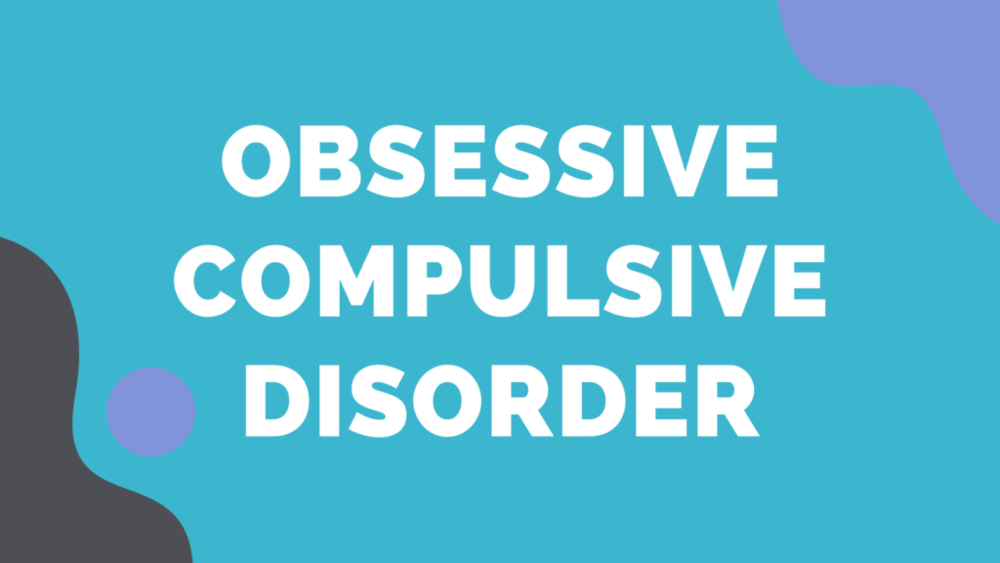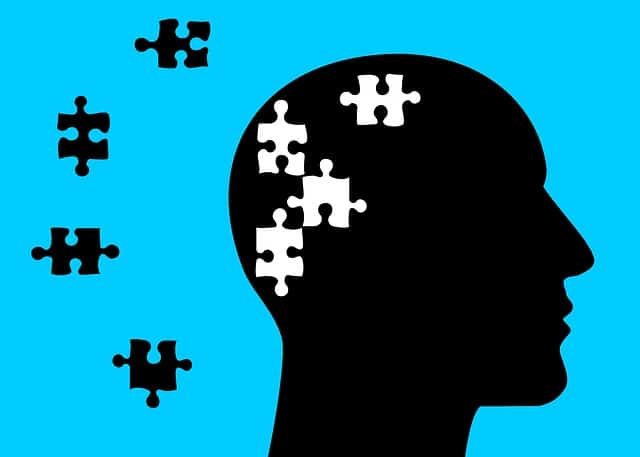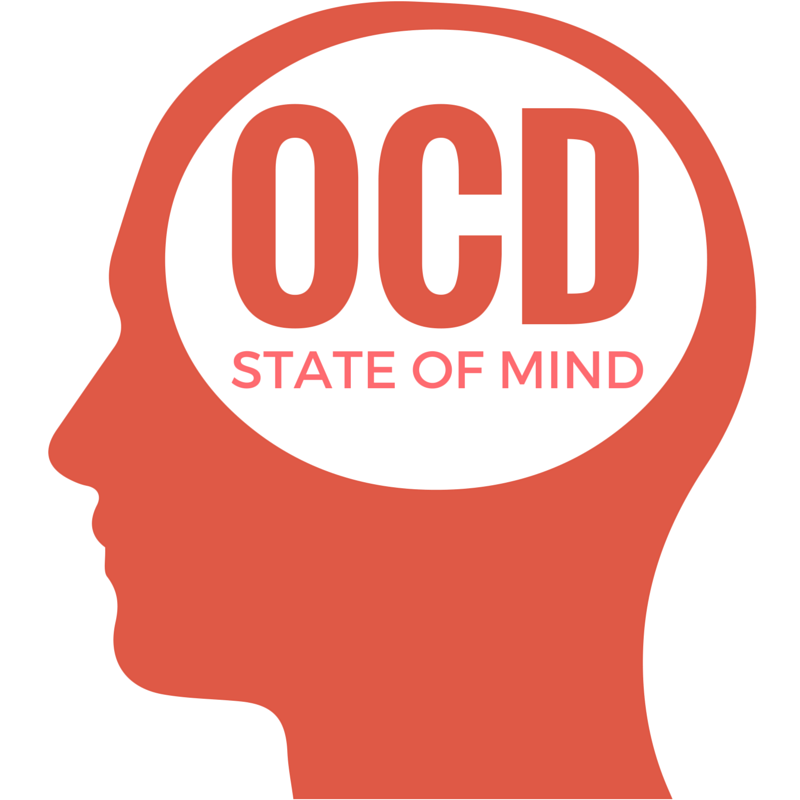Obsessive-Compulsive
Disorder
(OCD) is a mental health condition characterized by intrusive thoughts
(obsessions) and repetitive behaviors (compulsions). These unwanted thoughts can cause significant
distress and interfere with daily life. While OCD can be a challenging
condition to manage, it's essential to remember that effective treatment is
available.
A mental health counselor in Bhopal can provide invaluable
support and guidance to individuals struggling with OCD. They can help you
understand your condition, develop coping strategies, and work towards a
fulfilling life. Cognitive-behavioral therapy (CBT), a type of therapy that
focuses on changing negative thought patterns and behaviors, is often
considered a first-line treatment for OCD.
If symptoms are severe, a psychiatric doctor in Bhopal may
recommend medication in conjunction with therapy. It's important to note that
medication alone is usually not sufficient and should be combined with a
comprehensive treatment plan.
Recovery from OCD is a journey, and progress may vary from
person to person. With the right support and treatment, many individuals can
significantly reduce OCD symptoms and improve their overall
quality of life. If you or someone you know is struggling with OCD, don't
hesitate to seek professional help. There is hope, and you are not alone.








